Published on The Morning
- Govt. expects $ 500 m income through tax amnesty: Cabraal
- Important for people to submit their taxable supplies: IRD Chief
- Amnesties granted on previous occasions have failed: Dr. Wijewardena
While the Government states it expects to earn approximately $ 500 million in income once the Tax Amnesty Bill comes into force, experts suggest that tax amnesties implemented previously didn’t translate into higher income revenue. Concerns have also been raised that Sri Lanka runs the risk of being seen as aiding money laundering, something that it has suffered for in a similar context in the past.
One of the key aspects mentioned by the Government in the budget proposal for 2021, is a simple tax system and tax reliefs.
Accordingly, on 12 July, the Government published the Tax Amnesty Bill, which includes a provision that states persons who failed to disclose taxable assets or income in the past and wish to voluntarily disclose taxable supply, income, or assets, will be able to do so without any investigation, prosecution, or penalties under specified laws.
However, the above-mentioned move by the Government has been criticised by many members from Opposition parties and civil society organisations, who filed eight petitions in the Supreme Court (SC) last month, arguing that the Bill was inconsistent with the Constitution.
They also mentioned that the Bill needs to be passed with a two-thirds majority in Parliament.
After hearing those eight petitions on 30 July, the SC sent its determination to Parliament, suggesting certain amendments to the proposed Bill.
In the determination, the SC mentioned that if certain clauses of the Bill were amended as mentioned in the determination, the Bill could be passed by a simple majority in Parliament. Announcing the SC’s determination in Parliament last week, Speaker Mahinda Yapa Abeywardena said that the SC had studied all the provisions of the Bill and suggested amendments to clauses 4(1), 5(1), 5(2), 5(3), 5(4), 5(5), 6(1), 7(1), 12(b), 13(1), 14, and 20.
Government response
Following the SC’s determination, The Sunday Morning spoke to State Minister of Finance, Capital Markets, and State Enterprise Reforms Ajith Nivard Cabraal and Inland Revenue Department (IRD) Commissioner General H.M.W.C. Bandara to get their views on the proposed amendments and the latest developments with regard to enacting the Act.
Sharing his views with The Sunday Morning, State Minister Cabraal said that the Government is expecting nearly $ 500 million in income to the country from the new tax amnesty.
He said: “About $ 500 million is expected to flow in from this new tax amnesty.”
He explained that the situation will also encourage taxpayers who had previously understated their revenue to get back into the tax net, which will increase tax compliance while improving forex capital inflows and domestic investments.
Responding to The Sunday Morning’s query on the proposed amendments, Cabraal further added that the proposed amendments by the SC would be made to the Bill soon.
The proposed new tax amnesty would apply to anyone who has not disclosed any taxable supplies, income, or assets, or a value-added tax (VAT) return for any tax period ending 31 March 2020 or earlier in accordance with any legal requirements, or on 31 March 2020; in the income statement of any assessment year ending on or before the date.
Speaking to The Sunday Morning, IRD Commissioner General Bandara stated that it is important to encourage people to disclose their taxable supply, income, or assets from overseas.
He said: “These undisclosed amounts are anyway circulating in the black market, and if the new law is enacted, these individuals have to declare their amounts.”
Asked about the approximate amount lost as taxes, he said that he could not mention an exact amount, while adding that much has been lost due to the prevailing Covid-19 situation in the country.
He said: “Our department’s only duty is to collect taxes, yet the Government has to think about taxes in different ways. Thus, it (tax amnesty) will develop the decreasing foreign exchange rates in the country.”
Efficacy of tax amnesty in Sri Lanka
As per the explanation given by leading audit firm Ernest and Young (EY) in 2016, a tax amnesty is a limited-time opportunity for a specific group of taxpayers to pay a defined amount (redemption fees) in exchange for “forgiveness” of their tax liabilities (including interest and penalties) from a previous tax period without fear of criminal prosecution. Sharing details from its publicfinance.lk platform with The Sunday Morning, an official from Verite Research stated that Sri Lanka has had a history of providing frequent tax amnesties from 1964 till 2009.
In a latest study on the tax amnesties, publicfinance.lk mentions: “Tax amnesties provided until 2003 were mainly focused on income tax or foreign exchange. However, from 2003 onwards, tax amnesties also covered a range of taxes, including income tax, VAT, Wealth and Gifts Tax, GST (Goods and Services Tax), ESC (Economic Service Charge), NBT (Nation-Building Tax), Betting and Gaming Levy, and Stamp Duty.”
Furthermore, according to a quantitative study conducted on the effectiveness of tax amnesties in Sri Lanka by R.M. Jayasinghe in 2010, past tax amnesties in Sri Lanka have not translated into higher income tax revenue or large tax files, according to publicfinance.lk.
Sharing his views with The Sunday Morning on the Government’s move to introduce the Tax Amnesty Bill, former Central Bank Deputy Governor Dr. W.A. Wijewardena said that in Sri Lanka, tax amnesty has been a common feature of all the governments.
He said: “The first Tax Amnesty Bill was introduced by Dr. N.M. Perera in 1971; subsequently, by former Finance Minister Ronnie de Mel during President J.R. Jayawardene’s time; Nanina Marikkar, again during J.R.’s time; D.B. Wijetunga introduced this during President (Ranasinghe) Premadasa’s time; and former President Chandrika Bandaranaike Kumaratunga also came up with a Tax Amnesty Bill.”
Dr. Wijewardena added that in all those instances, the tax amnesty bills failed due to two reasons.
He said: “Reason number one is nobody trusted the Government of Sri Lanka. There was no faith or trust by the people that the state authorities would stick to whatever promises were given in the Tax Amnesty Bill, i.e., that the money that was being declared will be kept secret by the governmental authorities. As a result, it didn’t work.
“Another aspect is, during President Premadasa’s time, Sri Lanka introduced a Swiss Bank-numbered accounting system for the first time, where anybody could bring in money and keep it in a numbered account and, therefore, in theory, there was no problem for them to escape from their respective government.”
He added that Sri Lanka also introduced the Certificate of Deposits (CD) issued by the Public Debt Department of the Central Bank, which could be issued to any person.
He said: “There was no name that appeared on the certificate. Anyone could buy the CDs from the Public Debt Department. Eventually, the department would pay the value of the CD on maturity to whoever presented it to the department.”
However, Dr. Wijewardena said that the US administration categorised both these as money laundering mechanisms.
“In 1995, during former President Chandrika Bandaranaike Kumaratunga’s time, the US Government said Sri Lanka was actively promoting money laundering mechanisms and then they didn’t import apparel from our country.”
Stating that a similar situation could occur today if the new Tax Amnesty Bill becomes law, Dr. Wijewardena added that Sri Lanka would be categorized as a country that promotes money laundering.

